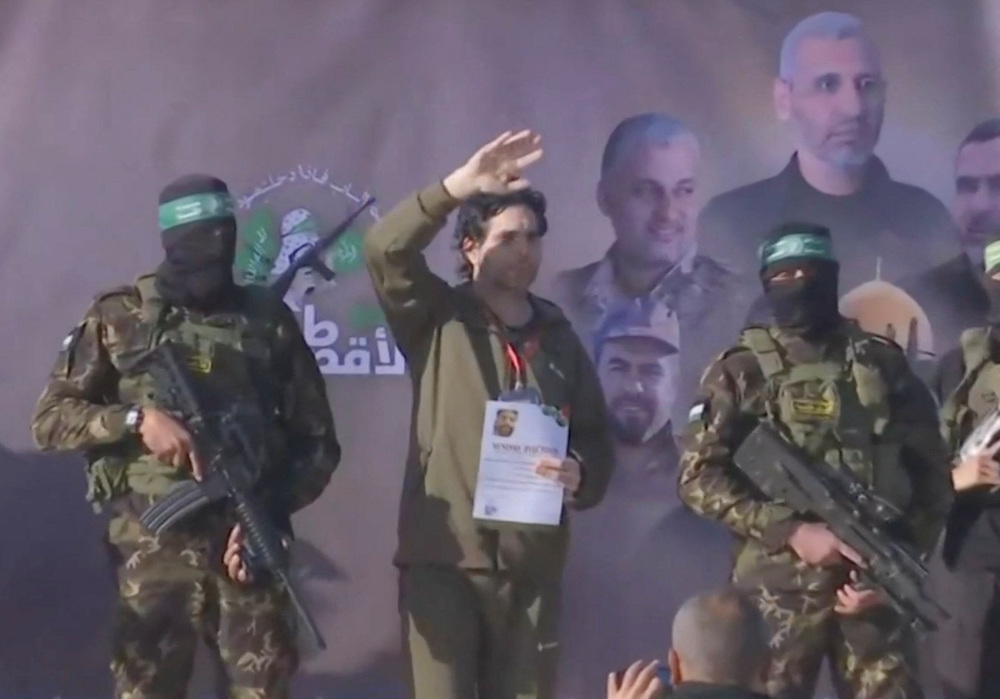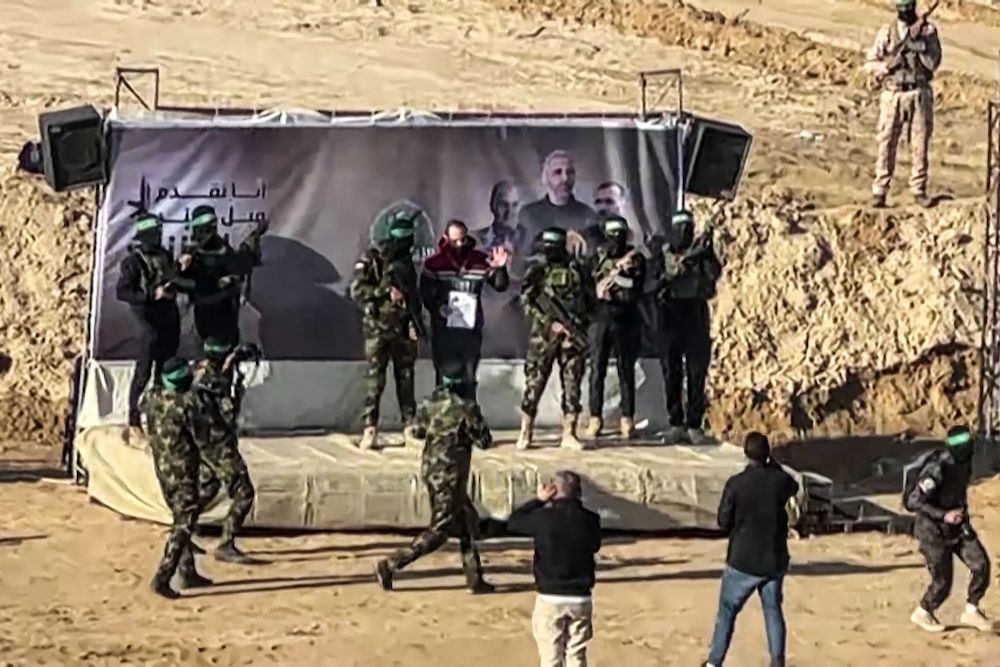NEW YORK CITY: UN experts on Wednesday condemned what they described as “the wholesale destruction and killing at Al-Shifa hospital” in Gaza, and urged nations to do all in their power to end the ongoing “genocide” in the territory.
They lamented the failure of strategies adopted by world leaders to bring an end to “this continuing egregious and grotesque violence.”
Two weeks of Israeli military operations targeting Al-Shifa, which was the last remaining functioning hospital in Gaza, have left it in ruins, with hundreds of bodies scattered inside the hospital and in the area around it. Israeli forces reportedly killed medics, detained hundreds of civilians and burned homes.
“The world is witnessing the first genocide shown in real time to the world by its victims, and unfathomably justified by Israel as compliant with the laws of war,” said UN experts Tlaleng Mofokeng, special rapporteur on the right of everyone to the enjoyment of the highest attainable standard of physical and mental health, and Francesca Albanese, special rapporteur on the situation of human rights in the Palestinian Territory occupied since 1967.
In the wake of the siege and destruction of Al-Shifa, they urged UN member states to use “all possible diplomatic, political and economic measures, and legal processes, to stop this horror.”
They added: “The besieging and destruction of a hospital, and the killing of health workers, the sick and wounded and the people who protect them, is prohibited by international law.
“Allowing this violence to take place has sent a clear message to the world and the international community that the people of Gaza do not have the right to health, and critical determinants of health adequate for their existence.”
Before the war, Al-Shifa hospital was the single-largest facility providing healthcare to the people of Gaza. Its destruction was described by the World Health Organization as having “ripped the heart out of the health system.”
Albanese and Mofokeng said: “At this point, we are no longer discussing availability, accessibility, acceptability and quality of healthcare received in dignity, but the annihilation of any infrastructure capable of providing basic first aid.
“The deliberate destruction of health infrastructure in Gaza has created conditions calculated to destroy the distressed and traumatized population.”
The experts said patients at Al-Shifa hospital complex had included people with acute and chronic medical conditions, as well as those injured by the Israeli military operations. This created a complex, multifaceted medical scenario in which it was challenging to treat severe injuries, conditions, and complications, including tissue or organ damage, heavy bleeding, fractured bones and dislocations.
The inability to provide timely, effective treatment and essential aid means that many patients experienced shock, were left with disabilities, or succumbed to their injuries, the experts said.
“At this unprecedented and tragic time, we call on member states to take immediate action to protect, promote and respect the right to life, health and dignity of those affected by loss and trauma, through effective access to humanitarian assistance, and protection of remaining health infrastructure and health workers,” they added.
Special rapporteurs are part of what is known as the special procedures of the UN Human Rights Council. They are independent experts who work on a voluntary basis, are not members of UN staff and are not paid for their work.




























